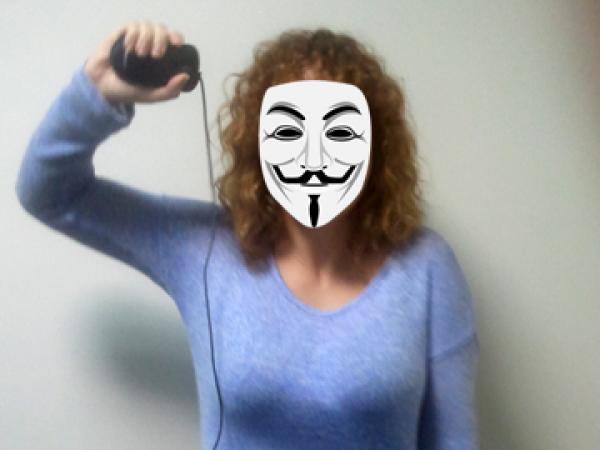Can online activism change the world?

Can the Internet and its endless opportunities for communication, debate, information, and knowledge give a voice to those who go un-heard in regards to social and political change? and how can its beneficial resources be used by those who do not have access to the Internet?
Since the Arab Spring online activism has been a hot topic of discussion around the world, can online activism change the world? Does clicktivism inspire slacktivism? Do online campaigns only represent the voices of those who have the means to access digital tools? We believe that online activism can help to change the world. Or rather, it can have a positive effect in promoting social justice. However, there are many barriers of entry for the average person trying to connect to the online world. Granted, people are innovative and will find ways around these barriers; but we need to actively work towards ensuring that these barriers are overcome as speedily as possible.
We cannot run away from the fact that many people in the world are using the Internet for work, education, creating awareness, mobilising people through social networks, and to chat with friends and meet people. The Internet connects people across space and time. Numerous examples have shown that online activism can have a positive effect. One example is when an 18 year old student from New Jersey (USA), Michelle Ryan Lauto, challenged a proposal by the Governor to critically cut the education budget. She knew that this budgetary cut will mean fewer teachers and more crumbling buildings, to name but a few of the implications. She created a simple Facebook event saying “the youth who will be affected by all these cuts need to rise up and do something”. Within two days, and through a little bit of Facebook marketing, there were over 16,000 sign ups to the event. The offline protests that took place around the state attracted thousands of students and it made news headlines throughout the country.
However, what does online activism mean for people who cannot afford or access the means to connect to the digital world?
According to World Bank and African Development Bank statistics, 20-25% of people in Africa live on less than $1 per day, which is roughly R10. Poverty rates, according to the World Bank for sub-Saharan Africa, are gradually declining, which is a good thing. But when one considers that the average basic computer can cost about R3, 000- how then do people who live below the poverty line afford basic technology when what little income they have is spent on their basic needs? Some statistics have shown that for most people living below the poverty line in Africa, it will take over 20 years for them to be able to access a computer. With regards to income inequality, what does this mean for the digital divide?
Being able to afford the equipment needed for online activism is one thing; being able to actually use the equipment effectively is another. In poor countries where the basic literacy rates are as low as 20% - 40%, how will this impact basic computer literacy and people’s abilities to navigate their way around a computer or smart device?
Granted, people will innovate and find ways around barriers to entry. Africa has become a site of enormous growth. The smartphone has opened entire avenues of opportunities for people to access the Internet through the mobile internet. Indeed, it has been suggested by some researchers that Africans will skip computers entirely and jump straight to the mobile phone.
Online activism can help change the world even in the poorest countries, because it allows people to gain skills to develop technology that suites them, and that in itself is innovation. Even though not everyone has access to the Internet, technology is improving rapidly throughout the world and people are increasingly gaining access to the Internet, mostly through smartphones. Online activism is also providing a platform for people who can’t participate in the struggle for social justice and human rights because of their work responsibilities, even though they can also be affected by or care about these issues. Marches, pickets and protests take place during the week while most people are at their work. Online activism is providing an outlet for everyone to support and participate by signing an online petition.
The four authors are fellows with Ndifuna Ukwazi.
Support independent journalism
Donate using Payfast

Don't miss out on the latest news
We respect your privacy, and promise we won't spam you.

This article is licensed under a Creative Commons Attribution-NoDerivatives 4.0 International License.
